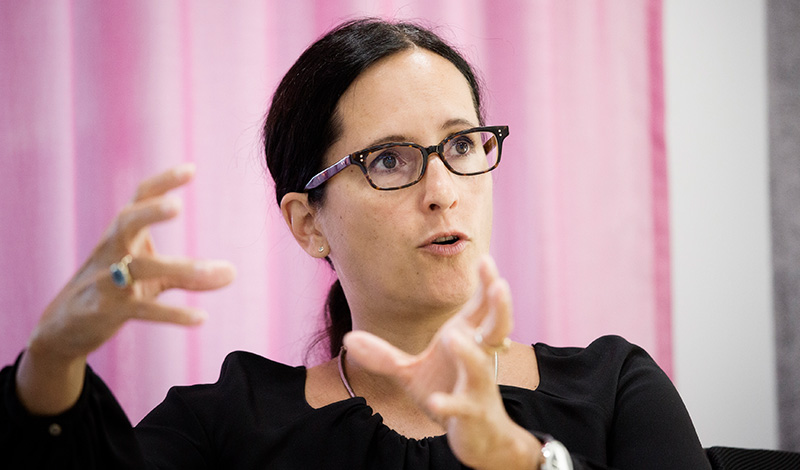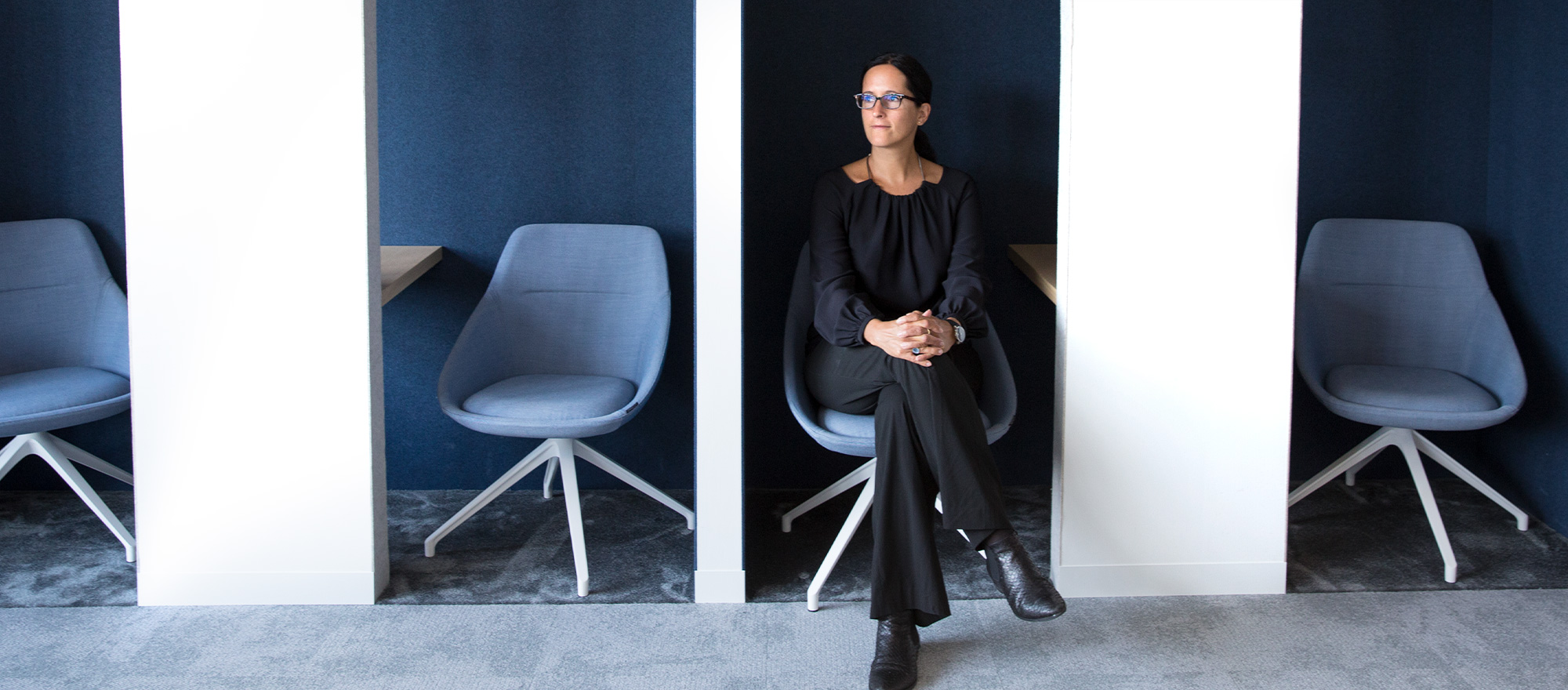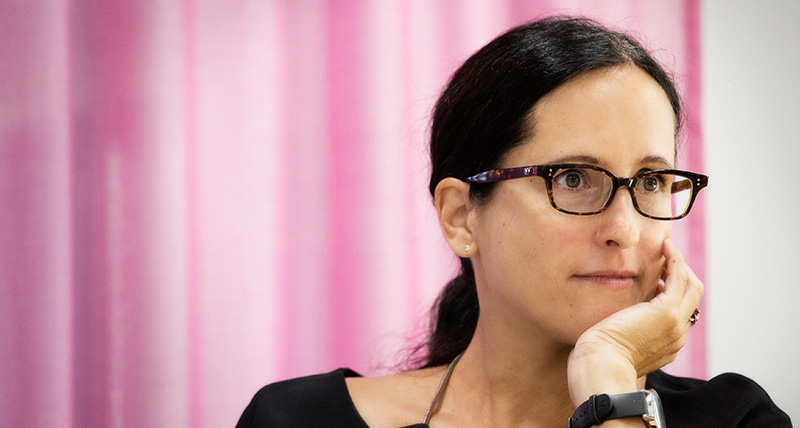With the power of the community against monopolies …
Indeed. There is only a handful of companies that have sufficiently large databases of voice samples in multiple languages to build these speech recognition systems. And these databases are not publicly accessible, neither for research, nor for startups – only for the companies that own them. To enable competition and broad innovation we decided to build our own voice database with the help of crowdsourcing, and open it up for anyone to use. My team developed a website and an app that make it easy for everyone who wants to participate to donate their voice to our project. These data sets can then be used to train and improve speech recognition technology. This example demonstrates Mozilla’s approach to capture the creativity and power of many people to build a project together and create a new public resource.
With the new Berlin office, Mozilla is aiming to be not only a European hub, but also a meeting point and interface for Internet policy makers, activists, founders and creative people. Does the modern idea of community go beyond code and technical development?
Innovation means to constantly improve our own processes and practices. Open source software development will continue to be central to the way Mozilla works. At the same time, we are trying new ways to be open and collaborative. This involves a range of partnerships: with research facilities, other companies or non-profit organizations that share our values and are interested in what we’re doing. It also means collaborating on everything from code to new products to policy positions to standards to open data.
With employees from 13 countries, the Berlin office is currently the most international location for Mozilla. In addition, there is an extremely wide range of expertise…
This office is characterized by a great variety of people. We have a very good gender balance, we have people from different geographic regions and cultural backgrounds. And we also have people with very different professional backgrounds and areas of competence. This includes really everything from community development to marketing to app development, crypto engineering, data scientists and voice recognition specialists.
What else is special about the Berlin office?
I do notice certain qualities which I find very German in the most positive and charming way. When you get here, you will first notice this endlessly long table in the kitchen, which is seats 40 people. You eat lunch together! In fact, I believe that it is a very German cultural asset: having meals together. I have not experienced this in any other Mozilla office, and I appreciate that very much.
Text: Anne Nürnberger
Photos: Falko Siewert


